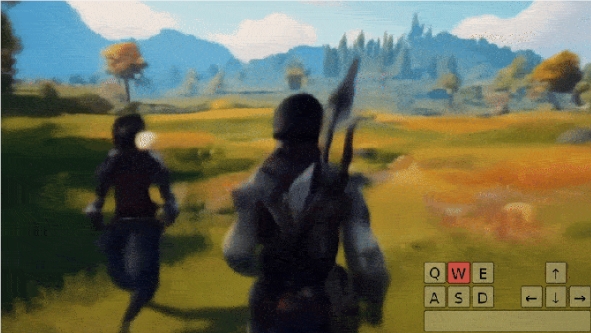Recently, tech giant Google announced the establishment of a brand new AI team to focus on developing artificial intelligence models that can simulate the physical world. The team will be led by Tim Brooks, who once co-headed the video generation model Sora at OpenAI. Brooks revealed on social platform X that the team will be affiliated with Google DeepMind, an AI research lab under Google, marking an important step for Google in the field of AI.
Brooks said in the announcement that DeepMind's goal is to develop large-scale generative models to simulate the real world. He mentioned that the new team will work closely with Google's Gemini, Veo and Genie teams to solve key technical problems and improve the computing power of the model to the extreme. Gemini is Google's flagship AI model, mainly used for image analysis and text generation; Veo is Google's own video generation model; while Genie is Google's attempt to simulate games and 3D environments in real-time.

Brooks further revealed that the new team will work on developing "real-time interactive generation" tools and explore how to integrate these models with existing multimodal models such as Gemini. The team's work description mentioned: "We believe that scaled AI training based on video and multimodal data is the key path to implementing artificial general intelligence (AGI)." AGI refers to artificial that can complete any task that humans can accomplish. Intelligence is also Google’s long-term goal in the field of AI.
In addition to Google, many startups and large tech companies are also actively developing world models. For example, World Labs, led by famous AI researcher Fei-Fei Lee, Israeli startups Decart and Odyssey, etc. These companies believe that future world models will be widely used in interactive media such as video games and movies, as well as real-world simulations such as robot training.
However, the attitudes towards AI technology in the creative field are not consistent. A recent Wired magazine survey showed that game development companies such as Activision Blizzard are using AI to reduce costs and increase productivity, but this has also led to a large number of employees being laid off. According to a 2024 Animation Union research, it is estimated that by 2026, more than 100,000 jobs in the U.S. film, television and animation industry will be affected by AI.
Still, some emerging world modeling startups such as Odyssey promise to work with creative professionals rather than replace them. Whether Google will take a similar approach remains to be seen. In addition, the copyright issues have not been resolved yet. Some world models may have used unauthorized live video game clips, causing the companies involved to face litigation risks.
Google said that it trained models on YouTube to obtain permission based on the platform's terms of service, but has not disclosed which videos were used. With the continuous development of AI technology, how to find a balance between innovation and copyright protection will become an important issue in the future technology industry.